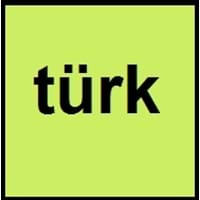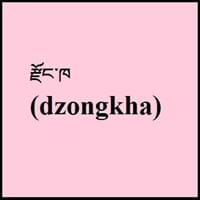Turkish vs Dzongkha Dialects
Dialects
Dialect 1
Azerbaijani Turkish
Laya
Where They Speak
Azerbaijan, Georgia, Iran, Iraq, Russia, Syria, Turkey
Bhutan
How Many People Speak
26,000,000.00
9
1,100.00
99+
Dialect 2
Crimean Turkish
Lunana
Where They Speak
Bulgaria, Kyrgyzstan, Romania, Russia, Turkey, Ukraine, Uzbekistan
Bhutan
How Many People Speak
480,000.00
29
700.00
99+
Dialect 3
Gagauz
Adap
Where They Speak
Moldova, Russia, Turkey, Ukraine
Bhutan
How Many People Speak
140,000.00
26
Not Available
Total No. Of Dialects
9
9
Not Available
Where they Speak Turkish and Dzongkha Dialects
Turkish vs Dzongkha dialects consists information about where they speak Turkish and Dzongkha dialects.
- Turkish Dialects:
- Azerbaijani Turkish spoken in: Azerbaijan, Georgia, Iran, Iraq, Russia, Syria, Turkey
- Crimean Turkish spoken in: Bulgaria, Kyrgyzstan, Romania, Russia, Turkey, Ukraine, Uzbekistan
- Gagauz spoken in: Moldova, Russia, Turkey, Ukraine
- Dzongkha Dialects:
- Laya spoken in: Bhutan
- Lunana spoken in: Bhutan
- Adap spoken in: Bhutan
How Many People Speak Turkish and Dzongkha Dialects
Dialects are the varieties of a language that is distinguished from each other on basis of phonology, grammar, vocabulary, speaking regions and speaking population. Turkish vs Dzongkha Dialects also tells you about how many people speak Turkish and Dzongkha Dialects.
- Turkish Dialects:
- Azerbaijani Turkish speaking population: 26,000,000.00
- Crimean Turkish speaking population: 480,000.00
- Gagauz speaking population: 140,000.00
- Dzongkha Dialects:
- Laya speaking population: 1,100.00
- Lunana speaking population: 700.00
- Adap speaking population: Not Available
More on Turkish and Dzongkha Dialects
Explore more on Turkish and Dzongkha dialects to understand them. The Turkish vs Dzongkha dialects include one ‘written’ form and several ‘spoken’ forms. Some language dialects vary most in their phonology, and lesser in vocabulary and pattern. Some languages have dialects while some don't have.





